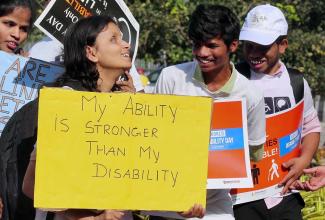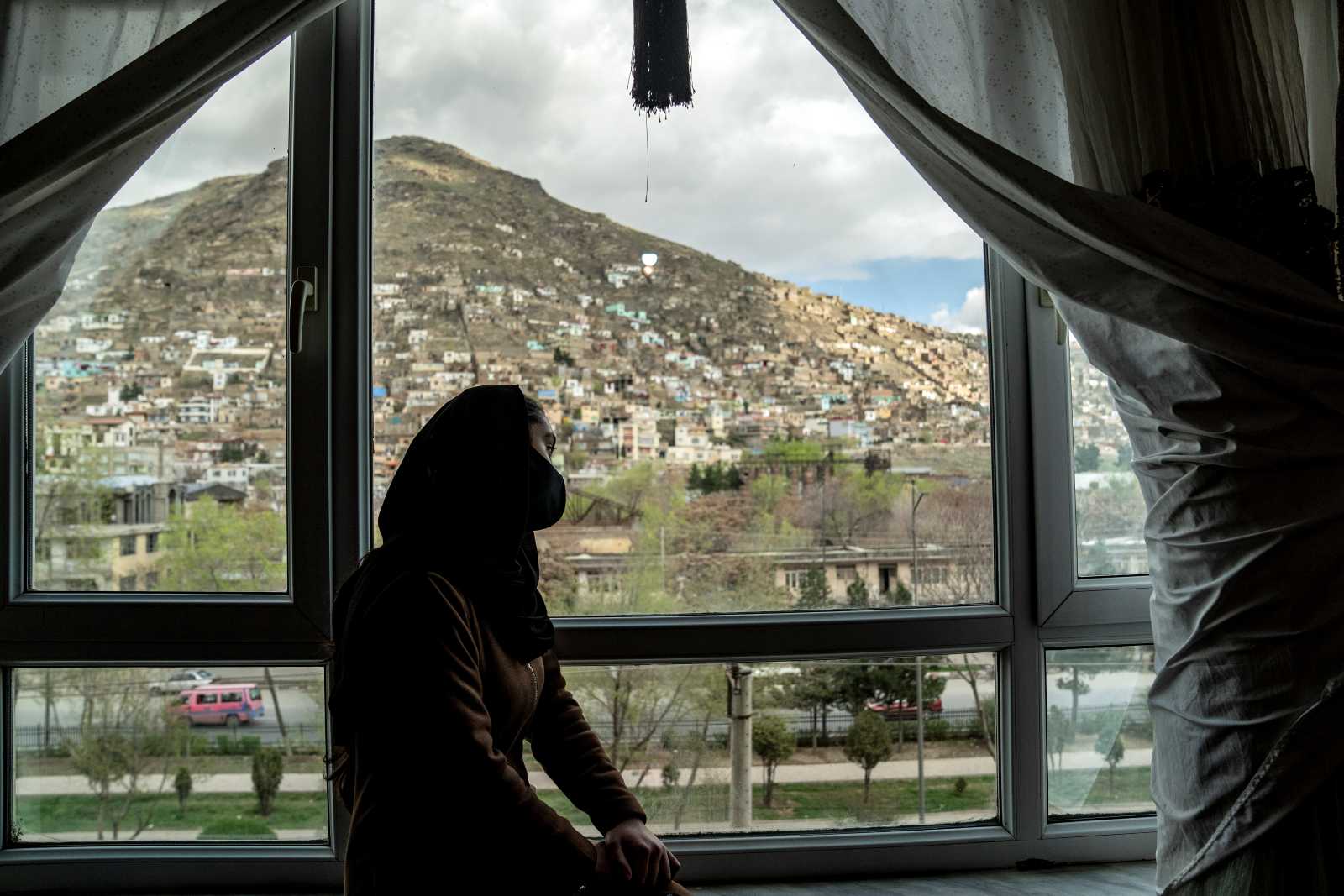Social protection
Improving services for persons with disabilities

Currently, DCI is exploring the interaction between social protection systems and disability registers. People with disabilities are a relevant target group as about 80 % of them live in poverty. One of the mottos of the UN’s 2030 Agenda is “to leave no one behind“. This means that the poorest and most disadvantaged people deserve particular attention when it comes to achieving the 17 Sustainable Development Goals (SDGs).
Things are particularly tough in developing countries, where, according to the UN, about 80 % of the world’s estimated 1.3 billion people with disabilities live. Tax revenues tend to be low in these countries, and government spending tends to be quite meagre as well.
Every project and programme should take account of the needs of persons with disabilities explicitly and right from the start. Better interoperability, especially between the countries’ social protection systems and their disability registers, can help achieve this objective.
Better support for people with disabilities
Countries such as Rwanda, Cambodia and India have registers that store information about people with disabilities, including details of their disabilities. These details can be accessed by the respective social protection programmes to make decisions that may allow the programme to prioritise certain individuals or to provide additional benefits to them.
Information from the disability registers can also be used by the labour and skills information systems to select a training and job suitable for each person, depending on the type of disability.
Further discussions will be held with countries to explore the interactions between these systems. This will help to develop use cases. We will then set up a committee to work on standards based on this body of knowledge. Once adopted, these standards will promote “interoperability by design” of social protection systems with disability registries and contribute to the goal of leaving no one behind.
Literature
UN fact sheet on disability:
https://www.un.org/development/desa/disabilities/resources/factsheet-on-persons-with-disabilities.html
Anita Mittal is Lead of Digital Convergence Initiative and Senior Advisor Social Protection at GIZ India.
anita.mittal@giz.de













